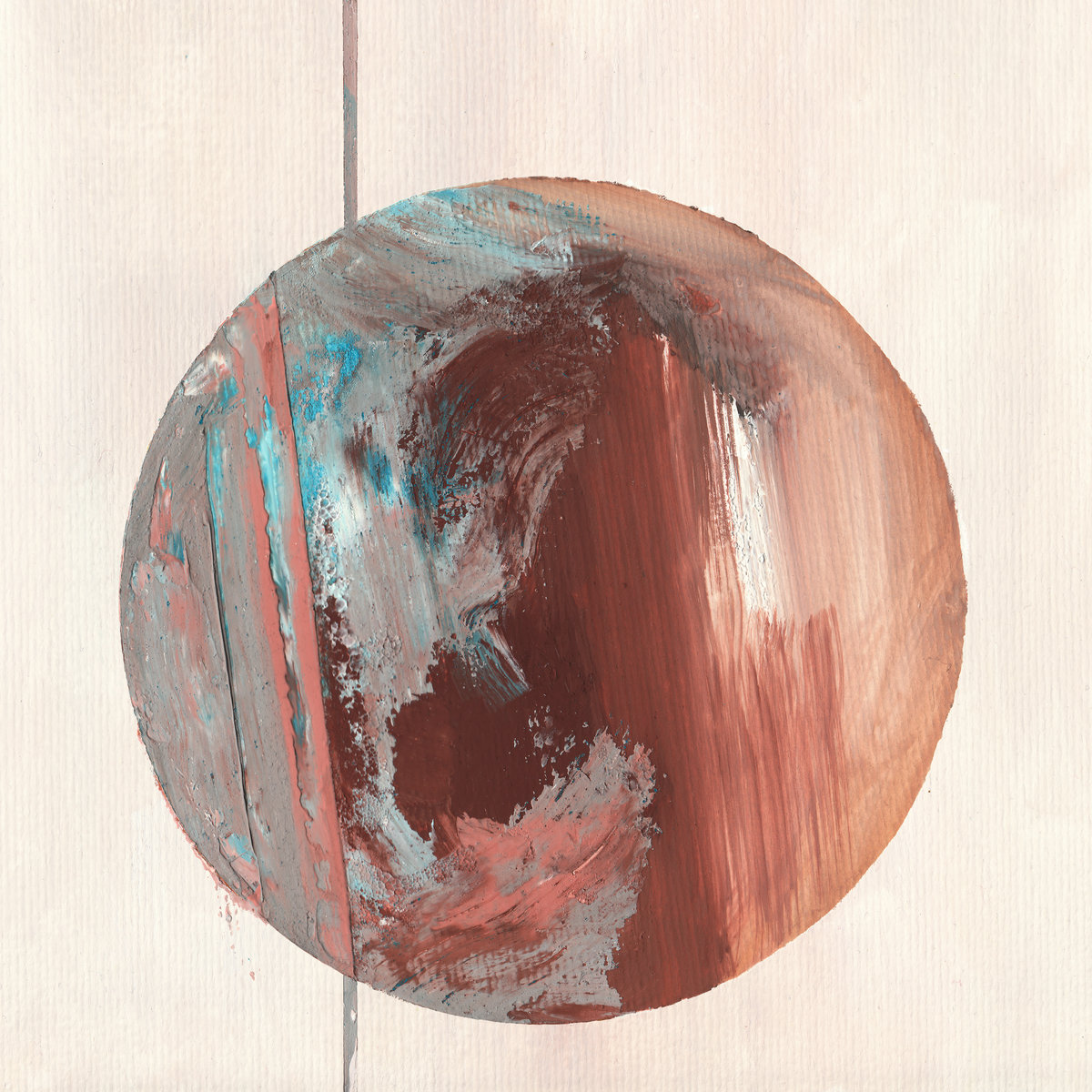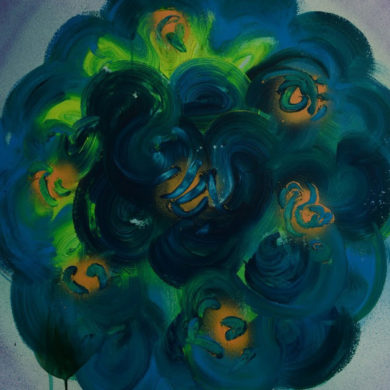Dycide – Qusqu
(IO, 2021-08-10)
After the Elettronica Romana peers have injected some warm chilling vibes into the hypnotic techno cold’s repetition, a whole generation of artists followed the “subtle deep techno” aesthetic in particular, including Claudio PRC through his late smooth work, Primal Code – Perrone and Giuggioli – through their tribal exploration, Adhémar through his low-pitched atmospheric contemplations and Dycide, who has somehow compressed his past intricate DnB rhythms into ultra-refined techno percussions, while keeping his deep ambiences.
These talented artists are creating – along with other ones from the microhouse and garage worlds – the heart of the resounding “contemporary techno”; a more and more heard combination of words that emphasises the artistic and elegant feel in the deep electronic music, and which could over time supplant the ageing expression “underground techno”, alas too corrupted by some online music stores and labels “They Which Must Not Be Named”.
“Subtle”, “artistic”, “elegant”, “contemporary”, Dycide ticks all the boxes since – for us – his 2019 acclaimed album “Mond“, and confirmed in his next works, including the memorable Fluctuation on Lowless, marking Dycide’s first collab with Claudio PRC, and in his phenomenal 2020 “Memoir” mix, which we reviewed (here). Both his personal productions and the ones of his label IO, which he co-owns with MTRL and Polygonia, are trademarks of elegance and subtlety. It’s obvious “at the first sight” with Polygonia and Ohneweil’s incredible artworks, that wow us each time, and in the first seconds of listening, when joining IO’s artists’ deep and rich inner worlds.
Dycide: “it’s quantum physics applied to hypnotic techno” as we used to say; the high sophistication that he brings in each of his tracks provokes an undying pleasure of visiting and re-visiting.
“Elegant and subtle” also rhyme with “humble” often, and regarding Dycide’s character, it’s humility that could extensively be associated with a certain shyness. This can be sensed in the tracks “Waira” and “Ukhu” from “Qusqu” EP, as well as in “Adytum“, which introduced his “Memoir” mix: it is notorious that Dycide has always dreamed to play the piano on top of his techno music, but while playing the instrument since he’s five years old, he only drops few notes in some tracks, not more, with the utmost restraint. At the same time, the specific deep techno and ambient genres admittedly require a certain delicacy to match with the piano, also well expressed by artists such as Nicolas Jaar in “The Student Hairstyle” or Petre Inspirescu in “Chosen“. But unlike the two mentioned artists, Dycide has never played the eccentric card in his entire discography, nevertheless giving it an authentic musical feel, as touching as his seemingly reserved personality.
Next to such considerations, it is certain that Dycide is gifted with an incredible creative fire, reflecting musically a particularly rich inner world and a high artistic sensitivity. Such qualities can be particularly sensed in “Ukhu”‘s beautiful union between the pads and the piano, in “Kay”‘s subtle dialogue between the bass and high layers and in the two next tracks’ intelligent musical arrangement. The EP plays with an interesting guideline between the four central tracks, musically given by the similar vibe of pads, and textually brought by the spiritual titles, worth delving a bit into them.
“Qusqu” is another name for “Cusco”, the famous capital of the Inca Empire. At a height of 3400 meters, the Peruvian city nicely evokes the Mountain serenity, found in Dycide’s quiet tracks. “Ukhu”, “Kay” and “Hanaq” represent three dimensions of the world in the Inca mythology: respectively the “inner world”, the “ground” and the “sky and cosmos”. Set in this order in the EP, Dycide expresses a spiritual ascent, a gentle one moved by the “wind”, as meant by “Waira”, the opening track.
“Waira” is however also a monster in the Japanese culture, giving a dark twist to the storytelling, but the gifted MTRL and Kaf happily offer support in the battle, with two impactful remixes that can only defeat the demon!
Sure that such an imagined end sounds like an over-interpretation of opium from us, but the tension in Kwasu Tembo’s poem, next to the release in Bandcamp, would have potentially given proofreading to our Nipponese delirium…
WRITING BY: CEDRIC FINKBEINER | 16 AUGUST 2021


